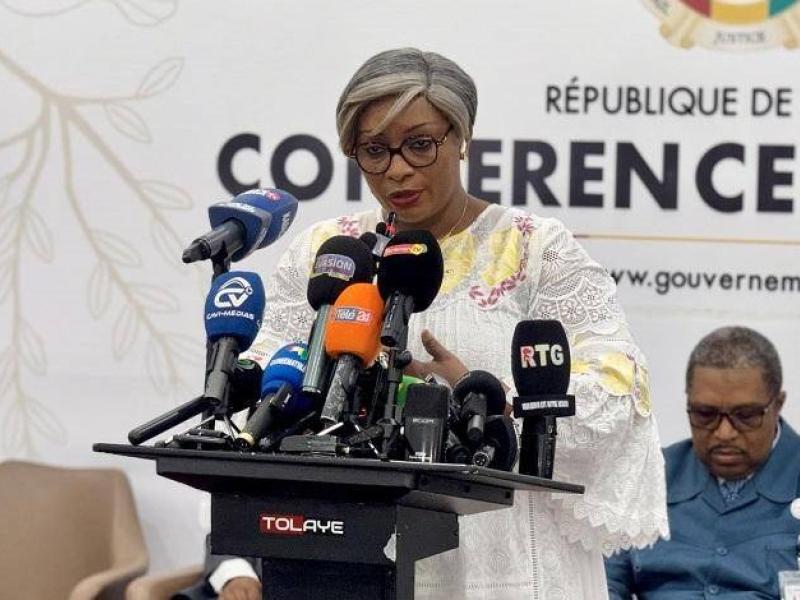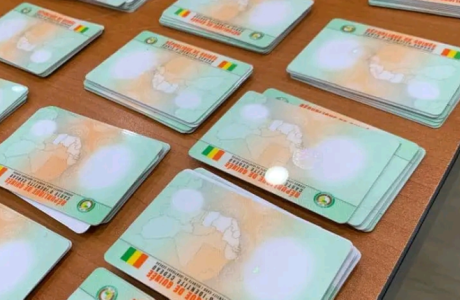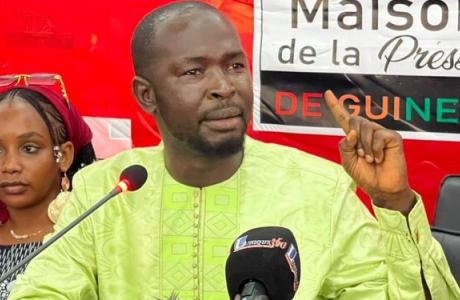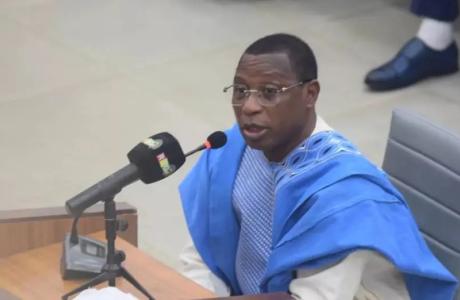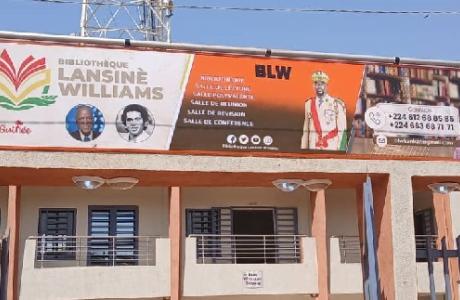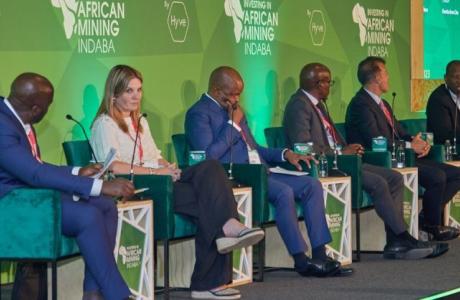On Wednesday, April 9, 2025, during a press conference held at the government spokesperson's office, Minister Ousmane Gaoual Diallo and Djenabou Touré, the Director of Political Affairs and Electoral Administration, presented the details of this large-scale operation.
The voter registration will officially begin on April 15, both within the country and abroad. This operation will last for 45 days in Guinea and 20 days in Guinean embassies and consulates worldwide. To ensure the success of this project, the government has acquired 6,000 biometric enrollment kits, with a total investment of 35 million dollars.
"Each voter will be enrolled in the geographical area of their polling station, thanks to the geolocation of districts and sectors," explained Mrs. Touré during her presentation. This approach aims to minimize the risk of double enrollment and ensure the integrity of the electoral process.
What sets this registration apart from previous operations is its expanded administrative scope. In addition to establishing the voter list, it will create a national register of individuals, representing a fundamental reform of the identification system in Guinea.
"This registration will allow every Guinean enrolled, from the age of 10, to obtain a free full birth certificate, a unique personal identifier, and be automatically registered on the electoral roll," explained the Director of Political Affairs.
The unique identifier will also facilitate the issuance of official documents such as the national identity card, passport, or driver's license. The planned interconnection between this database and other administrative systems is expected to significantly reduce document fraud.
Guineans living abroad are also included in this process. The registration will cover 36 embassies worldwide, including 20 in Africa, 3 in the Americas (United States, Canada, Cuba), as well as several representations in Europe and Asia, including in Malaysia and Thailand.
Additionally, the program will also include the enrollment of foreign nationals residing in Guinea, as part of the National Administrative Registration Program for Civil Status (PNRAVEC).
During the same press conference, Djenabou Touré definitively clarified the issue of organizing elections during the transition period. "If you look at the resolutions of the inter-Guinean political dialogue agreement in points 16 and 17, you will see that, as a transitional measure, it is the Ministry of Territorial Administration and Decentralization that will organize the referendum and all political elections," she stated.
To ensure the transparency of the process, an observatory will be established, bringing together representatives of political parties and civil society. These stakeholders will be responsible for monitoring and overseeing the ministry's activities in organizing the elections.
In conclusion, Mrs. Touré called for widespread citizen participation: "We urge all Guineans to enroll. This is a historic moment that will ensure everyone has a complete, reliable, and internationally recognized administrative identity."
This voter registration is not only a critical step towards the upcoming elections but also a major structural reform for Guinea's administration, with lasting implications for all citizens and the development of the country's democratic institutions.






